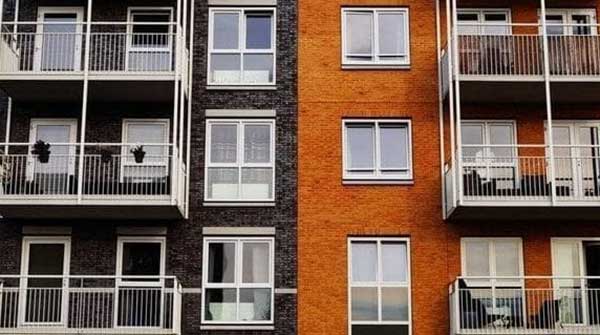Alberta leads growth in asking rents in Canada. B.C. maintains highest rental prices
Asking rents for all residential property types in Canada experienced a substantial nine per cent increase in 2023, according to the latest National Rent Report. The report – jointly released by Rentals.ca and Urbanation – reveals that the average asking rent reached a historic high of $2,178 in December 2023, marking an impressive 8.6 per cent surge from the same period in 2022.
Over the past two years, the Canadian rental market has witnessed a remarkable 22 per cent increase in asking rents, translating to an average monthly increment of $390. The 8.6 per cent year-over-year increase in 2023 follows a 12.1 per cent surge in 2022 and a 4.6 per cent rise in 2021.

Shaun Hildebrand
 |
| Related Stories |
| The alarming reality of Trudeau’s immigration policy
|
| Over half of Canadian housing markets severely unaffordable
|
| Rising costs forcing young adults to give up on homeownership dreams
|
“The rate of rent growth in Canada was stronger than expected in 2023, mainly due to a surge in non-permanent residents, a resilient economy, and a sharp pullback in home buying activity,” said Shaun Hildebrand, President of Urbanation. “While rents are expected to continue rising in 2024, there should be less upward pressure on the market this year as demand increases at a somewhat slower speed and more supply is added.”
Breaking down the data by property types, traditional purpose-built rental apartments reached an average asking rent of $2,076 and experienced the most rapid growth in 2023, posting a substantial 12.8 per cent increase. In contrast, condominium and house rentals saw relatively slower annual growth rates of 6.9 per cent and 5.9 per cent, respectively, with average rents of $2,340 and $2,354 as of December.
The report also highlights changes in asking rents for different apartment sizes. One-bedroom apartment rents grew by 13 per cent in 2023, reaching an average of $1,932, while studio rents followed closely behind with an 11.9 per cent increase, averaging $1,552 in December. Two-bedroom apartments witnessed a 9.8 per cent annual increase, reaching an average of $2,301, while three-bedroom rents rose by 9.9 per cent to reach an average of $2,579.
Alberta emerged as the province with the fastest-growing rents for purpose-built and condominium apartments in 2023, recording a remarkable 15.6 per cent annual increase to reach an average of $1,691. British Columbia maintained its position as the most expensive province for apartment rents, averaging $2,500 in December despite a slight 1.4 per cent year-over-year decrease. Ontario recorded a 3.7 per cent annual increase, with average apartment rents slightly below B.C. at $2,446. Quebec experienced faster rent growth for apartments in 2023 compared to 2022, with average rents rising by 10.0 per cent to $1,953 in December.
Among Canada’s largest cities, Calgary posted the fastest annual rent growth for apartments in December, with rents rising by an impressive 14 per cent from a year ago to an average of $2,071. Edmonton followed closely with a 13.5 per cent annual rent growth, reaching an average of $1,467. Montreal secured the third spot in 2023 with an 11.3 per cent annual rent growth, pushing average apartment rents up to $2,019.
In contrast, after experiencing annual rent increases of more than 20 per cent in 2022, Vancouver and Toronto witnessed a considerable slowdown in rent growth in 2023. Vancouver’s average asking rents decreased by 0.7 per cent annually to $3,059, while Toronto’s asking rents for apartments increased by just 2.1 per cent from a year ago to an average of $2,832.
As Canada enters 2024, the rental market is expected to remain undersupplied but is expected to exhibit a more balanced trajectory. Rent growth is projected to converge towards the five-year average increase of approximately 5 per cent.
Factors expected to influence the rental market in 2024 include a slowing economy, a reduction in the number of non-permanent residents, and an improvement in homebuying activity fueled by declining interest rates. The introduction of more apartment completions and an anticipated increase in tenant turnover are expected to inject additional supply into the market, mitigating rent growth compared to 2023.
| Staff
The opinions expressed by our columnists and contributors are theirs alone and do not inherently or expressly reflect the views of our publication.
© Troy Media
Troy Media is an editorial content provider to media outlets and its own hosted community news outlets across Canada.
